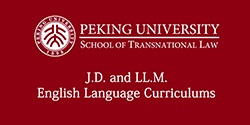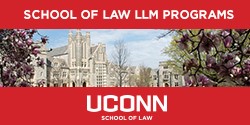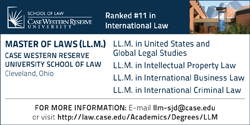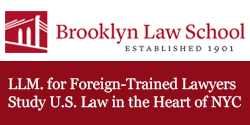
Can non-law graduates pursue LL.M?
Most institutions in the United Kingdom admit students without an undergraduate degree in law into their LL.M. programs. However, minimum academic requirements like an undergraduate degree and proof of extensive professional work experience in a related field are still required. An example is the LL.M. program offered in the Queen’s University which grants the graduates from other social sciences an opportunity to specialize in areas such as human rights, sustainable development and corporate governance.
There are several reasons as to why non-law graduates may want to pursue an LL.M. program. Some of these reasons are: individuals want to take up a job that requires some legal knowledge or wish to specialize in a law-related field or change their profession. The job market, specifically at an international level, continues to strongly demand for interdisciplinary knowledge.
The LL.M. programs that are open to students who are not law graduates include the following:
The European Master in Law and Economics (EMLE) is a program which concerns itself with the connection between law and economics at the global level. It is meant to give a concentrated understanding of the economic effects of laws and it prepares the students for careers in public organizations and multilateral law firms. The program admits both law and economics graduates and also as applicants who are graduates with business administration or social science degree, as long as they have covered a substantial number of courses in law and/or economics in their previous studies. This means that some legal knowledge is a requirement in the program for application.
Bucerius/WHU Master of Law and Business is a program in Hamburg, Germany which also admits students with a first degree in economics in addition of certain prior legal knowledge.
The Master in Advanced Studies (MAS) in International Humanitarian Law is a program which is offered jointly by the University of Geneva and the Graduate Institute of International Studies. It is the only master’s program that concerns the legal dimensions of armed conflicts and emergency situations. The University Center for International Humanitarian Law (UCIHL) is closely related to the International Committee of the Red Cross and other international organizations.
The University of Nottingham offers LL.M. programs in different specializations ranging from Criminal Justice to International Commercial Law. The University mostly admits applicants with law degrees, but also admits the graduates of a related discipline, such as international relations.
Even though these programs accept graduates from other disciplines, some legal knowledge is required. In international law programs, some knowledge of international law is required which assists the student during the fast teaching pace.
This is the rationale for some schools such as the London School of Economics and University College London to consider qualified non-law graduates, as applicants are required to pass the Common Professional Examination (CPE) or an overseas equivalent.
If an individual is a graduate of a totally unrelated course such as chemical engineering, they can do a conversion course referred to as the Graduate Diploma of Law (GDL) also referred as the Common Professional Examination, which is a one-year full-time course or two to four years in part-time or distance-learning program. Upon successful completion of the same, a student is conferred a diploma which is equivalent to a law degree. After that, they can apply for admission to an LL.M program.










